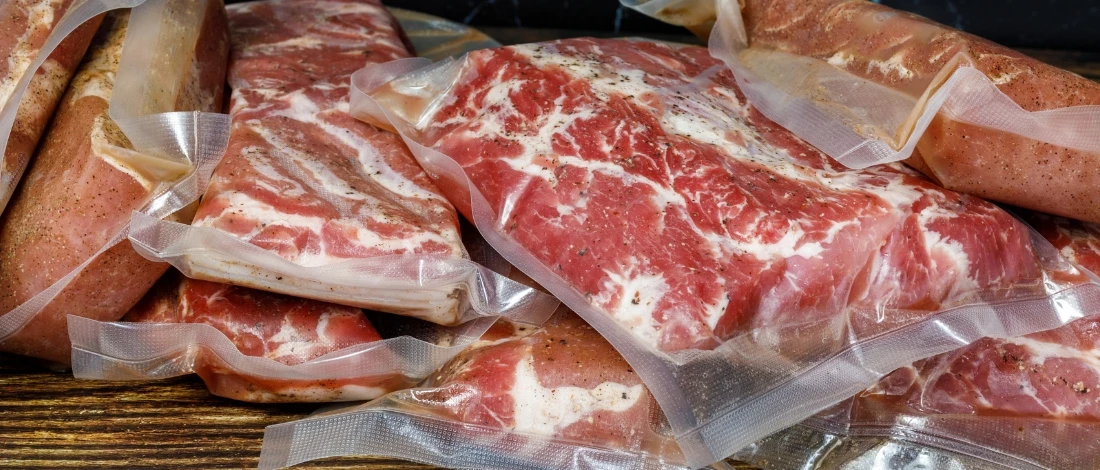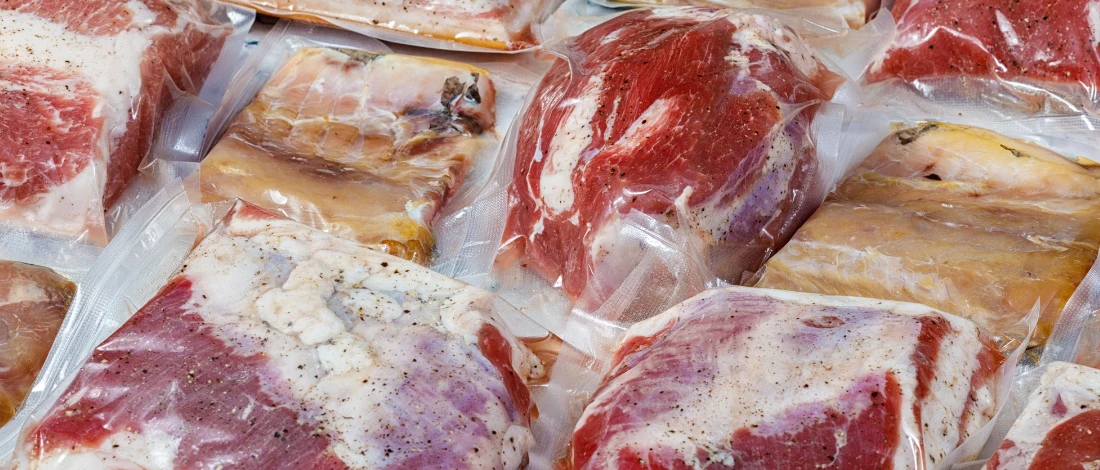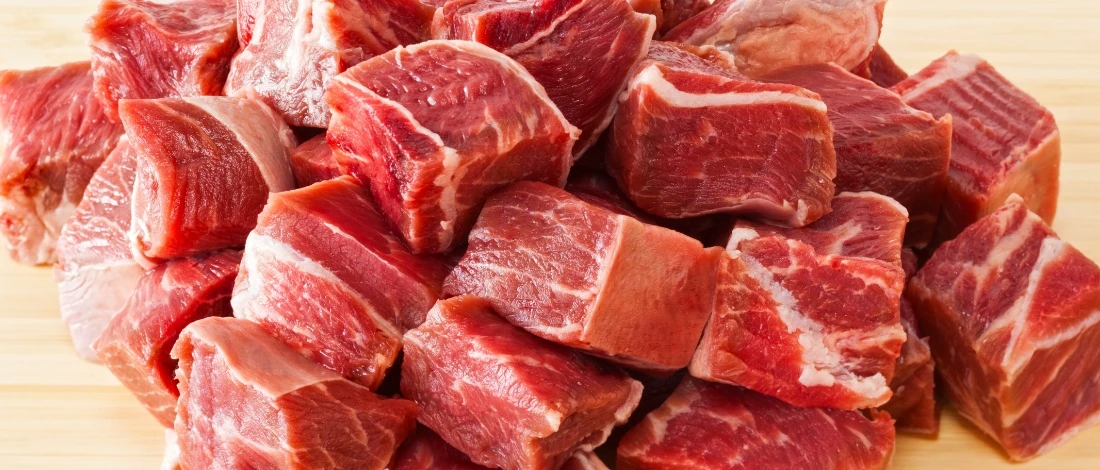Time to Rein in Big Beef: Calls for Breaking the Meat Market Monopoly
The U.S. beef market is under scrutiny as National Beef Packing Company, Cargill, JBS, and Tyson—dubbed “Big Beef”—control a staggering 80% of the industry.
Critics argue this monopoly enables price manipulation, collusion, and harm to consumers and competitors alike. With lawsuits piling up and new allegations surfacing, calls for federal intervention are growing louder.
A Legacy of Allegations
Big Beef’s history is peppered with accusations of market manipulation and price-fixing. Recent lawsuits underscore how these practices impact the entire supply chain.
In 2020, JBS settled a $52.5 million class-action lawsuit that alleged collusion with Tyson, Cargill, and others to limit beef supply and inflate prices.
The plaintiffs argued that, since 2015, these companies “artificially constrained the supply of beef,” driving up costs for wholesalers and ultimately consumers.
Sysco Corporation, the largest food distributor in the U.S., has also accused Big Beef of deliberately reducing cattle slaughter numbers to boost profits.
Even McDonald’s has entered the fray, filing a federal antitrust lawsuit alleging nearly a decade of price-fixing that violated the Sherman Antitrust Act.
The Case for Government Action
Critics contend that financial penalties alone are insufficient to deter Big Beef’s unethical practices. Dave Dickey, a veteran agricultural journalist, advocates for a comprehensive investigation by the Department of Justice (DOJ) and Federal Trade Commission (FTC).
“The DOJ and FTC need to jointly study and release a report evaluating the current competitiveness of Big Beef,” Dickey argues, adding that future mergers should be blocked pending regulatory review.
McDonald’s, seeking a jury trial, claims to have witnesses who can expose Big Beef’s inner workings. If successful, the trial could ignite bipartisan pressure for stronger antitrust enforcement and criminal charges against executives involved in collusion.
Will the Feds Step Up?
Despite decades of scrutiny, Big Beef has largely escaped with fines that amount to little more than slaps on the wrist. Many are questioning whether the federal government has the political will to confront an industry entrenched in economic and political influence.
As lawsuits multiply and public awareness grows, one thing is clear: the future of U.S. meat markets may hinge on the federal government’s willingness to take bold action against the beef industry’s monopolistic practices.
Curious about the future of the beef industry? Visit our homepage for more insights into the impact of Big Beef’s market control and the calls for change.






